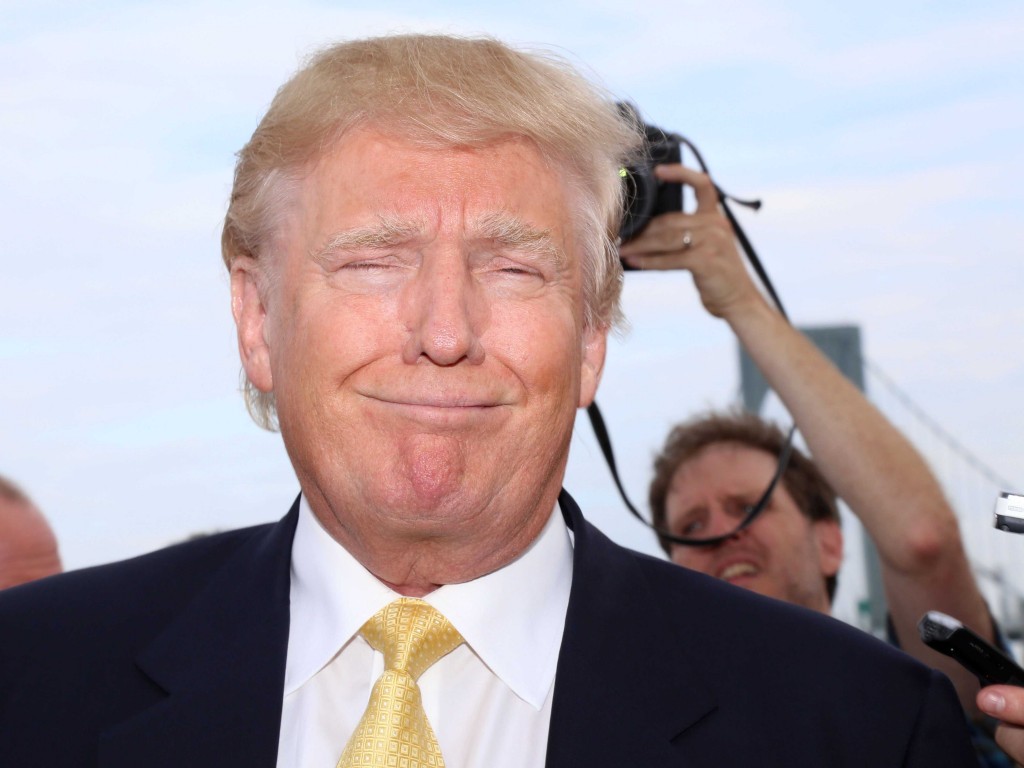
Donald Trump received some criticism from an interesting corner this past week when Pope Francis all but declared Trump “un-Christian,” an assessment rendered in response to the latter’s planned policy to build a wall between the US and Mexico if he is elected President. Predictably, Trump fired back with a series of remarks alleging that if ISIS were to attack the Vatican (a possibility in a world without Trump as President, he surmised), then the Pope would seriously regret his words. Although both offered more conciliatory statements later, the spectacle that remained exposed some of the very interesting seams of social identity, seams that should be particularly intriguing to anyone interested not just in the study of religion, but also in the dynamics of public life.
As a scholar of religion with an eye for social theory, one of the first rules of engagement that I use when analyzing a situation such as this is to presume that labels like “Christian” are more shifting descriptors of a particular group’s interests and place in a society rather than a finite, essentialist definition of them. In other words, there is not a single thing that characterizes all people who call themselves “Christian,” and so what intrigues me about the use of the term is why and how we use it when we do, rather than assuming that it is a neutral, self-evident category that objectively describes the world. Continue reading “Who Is A Christian?: The Donald, The Pope, and the Rhetoric of Religion”
